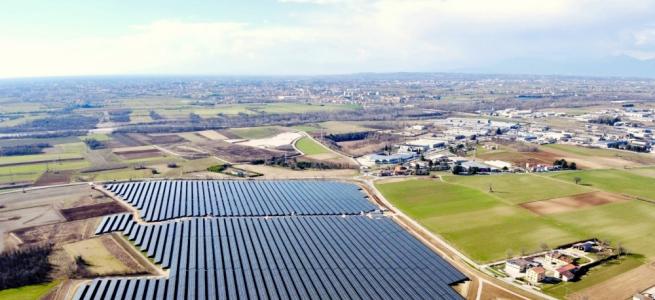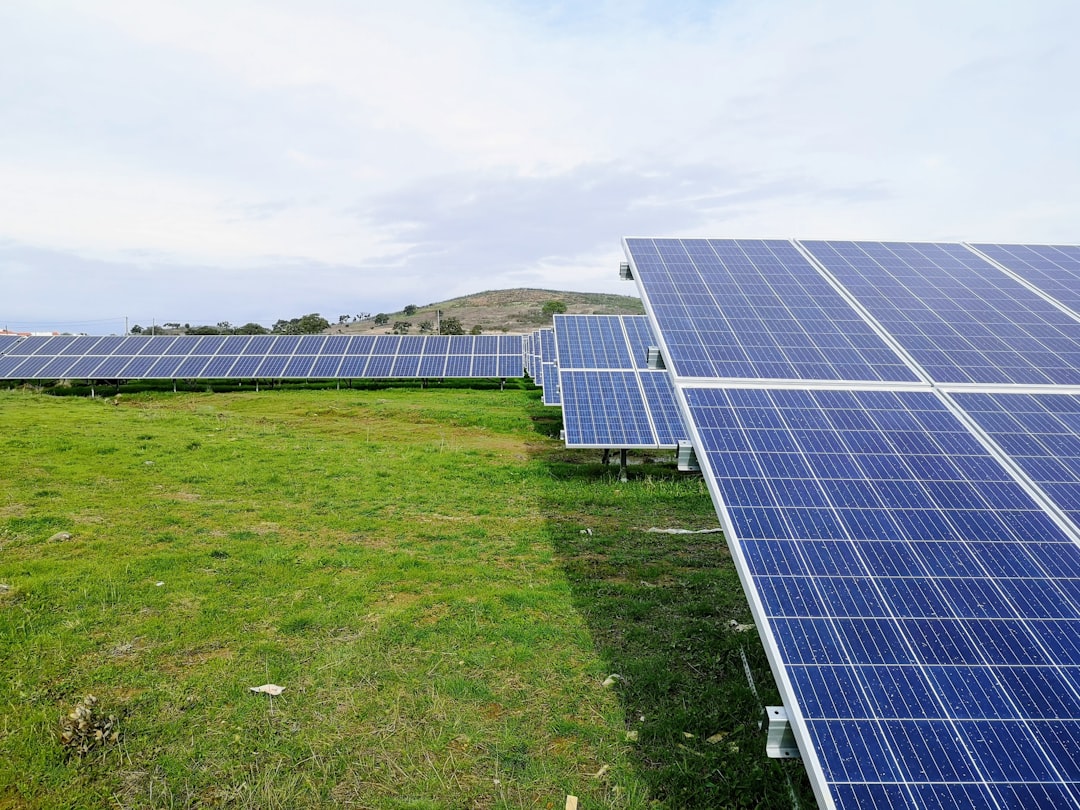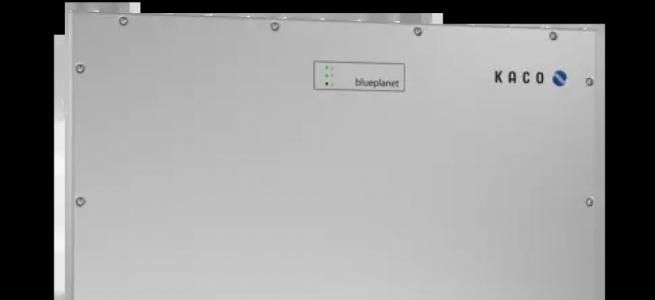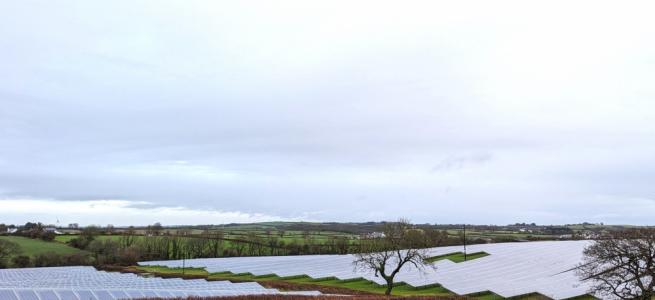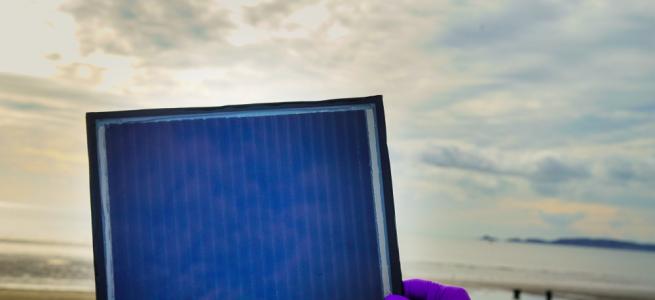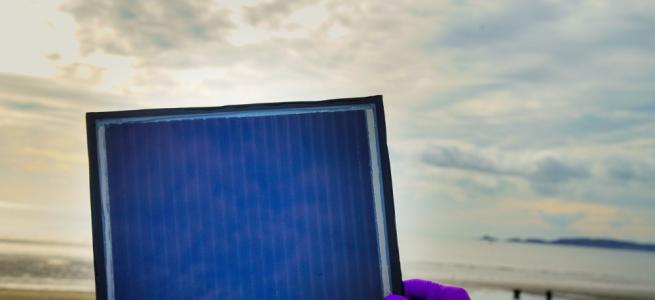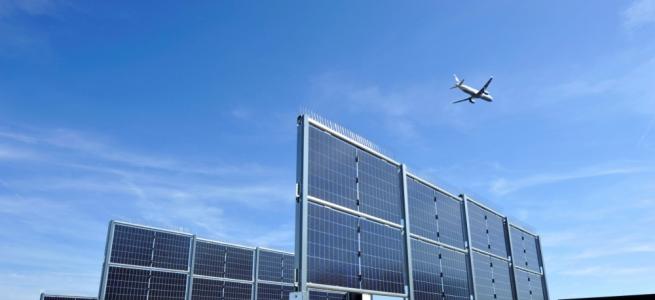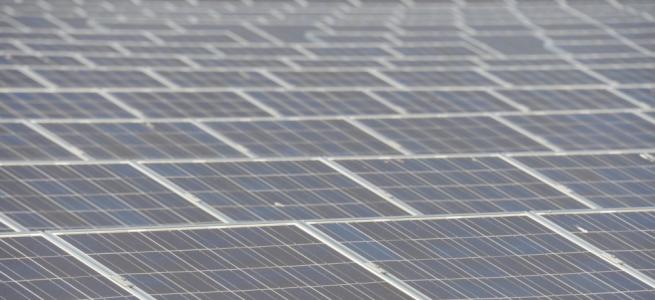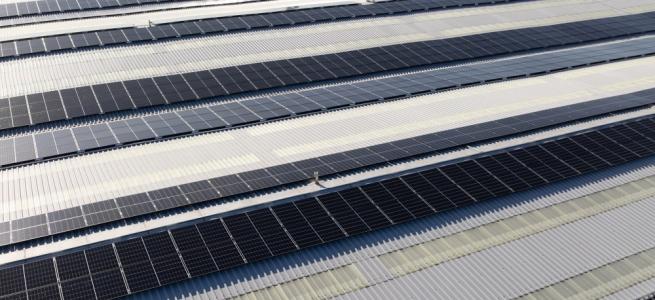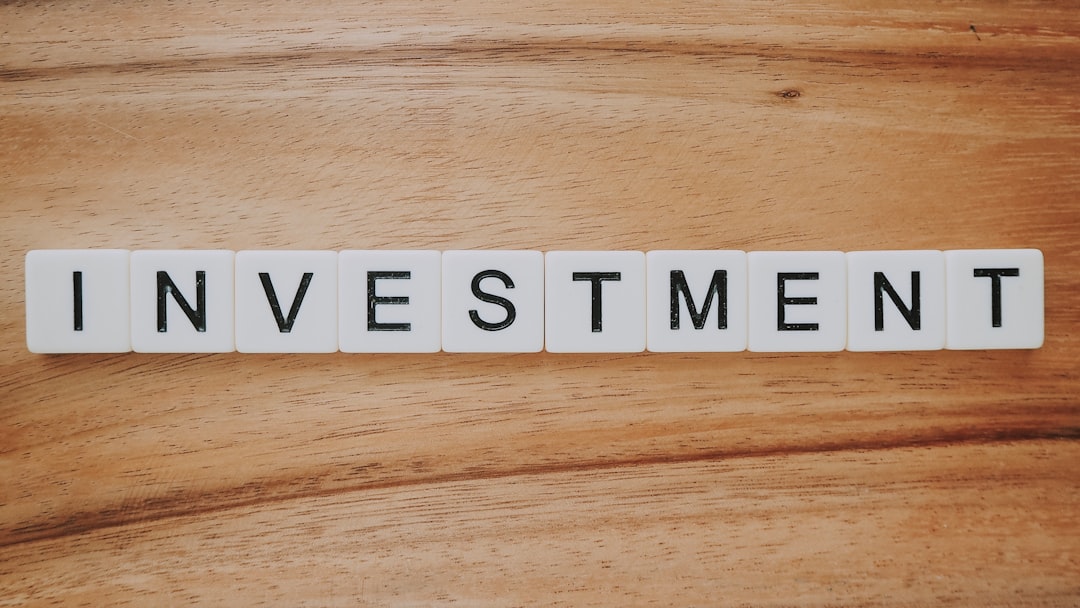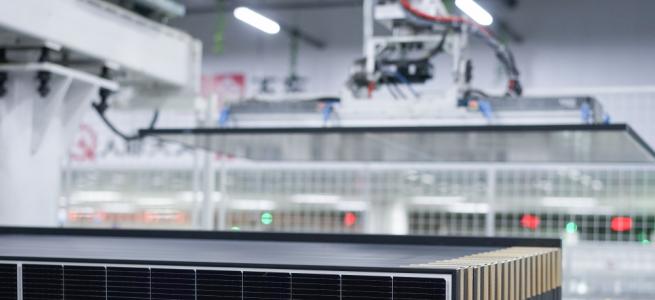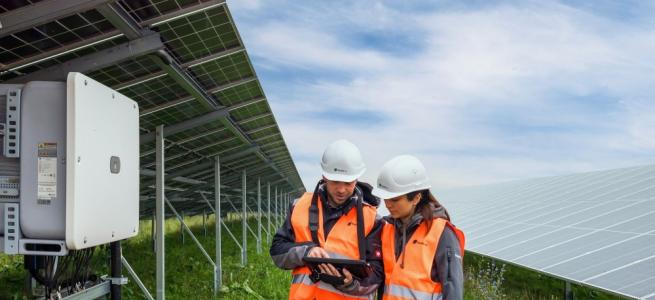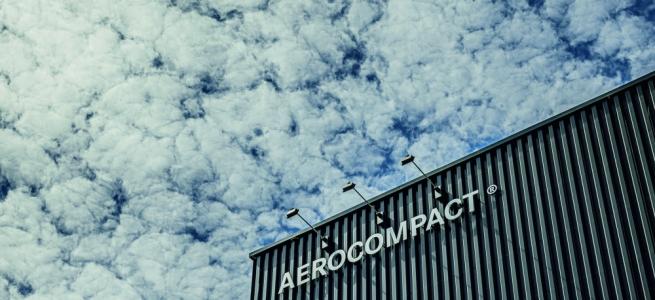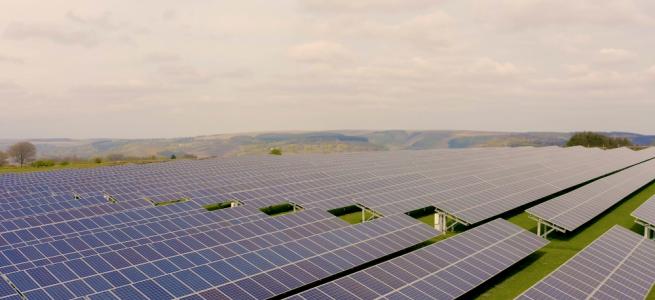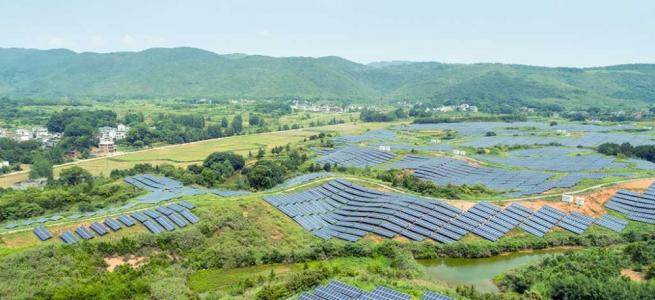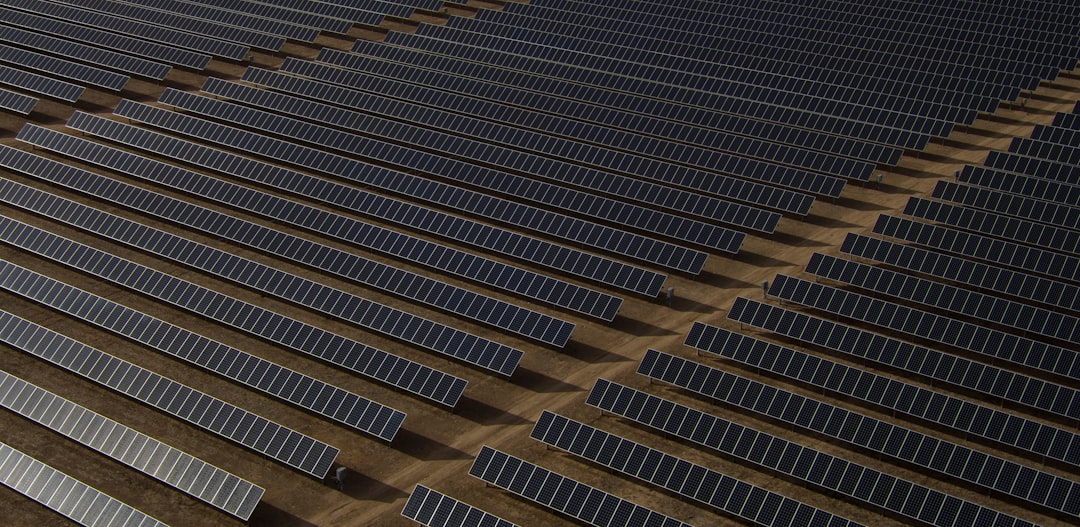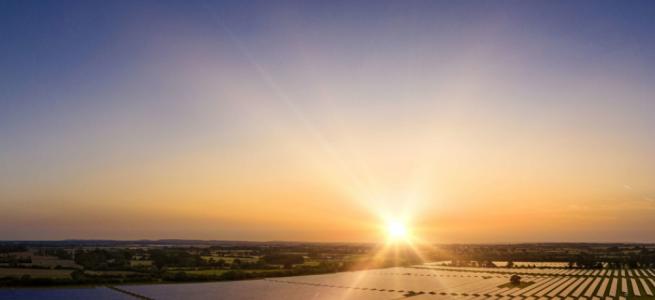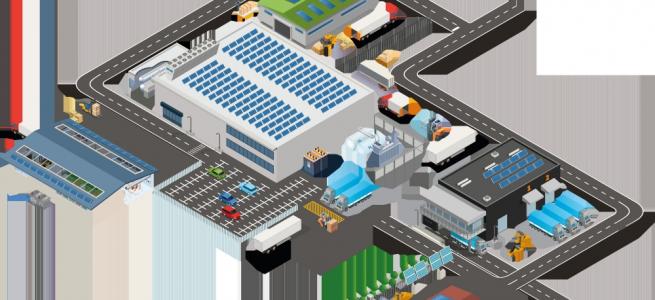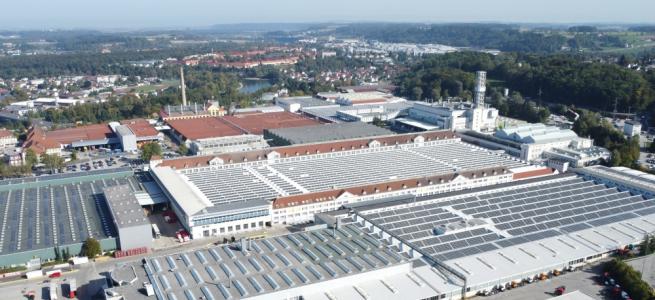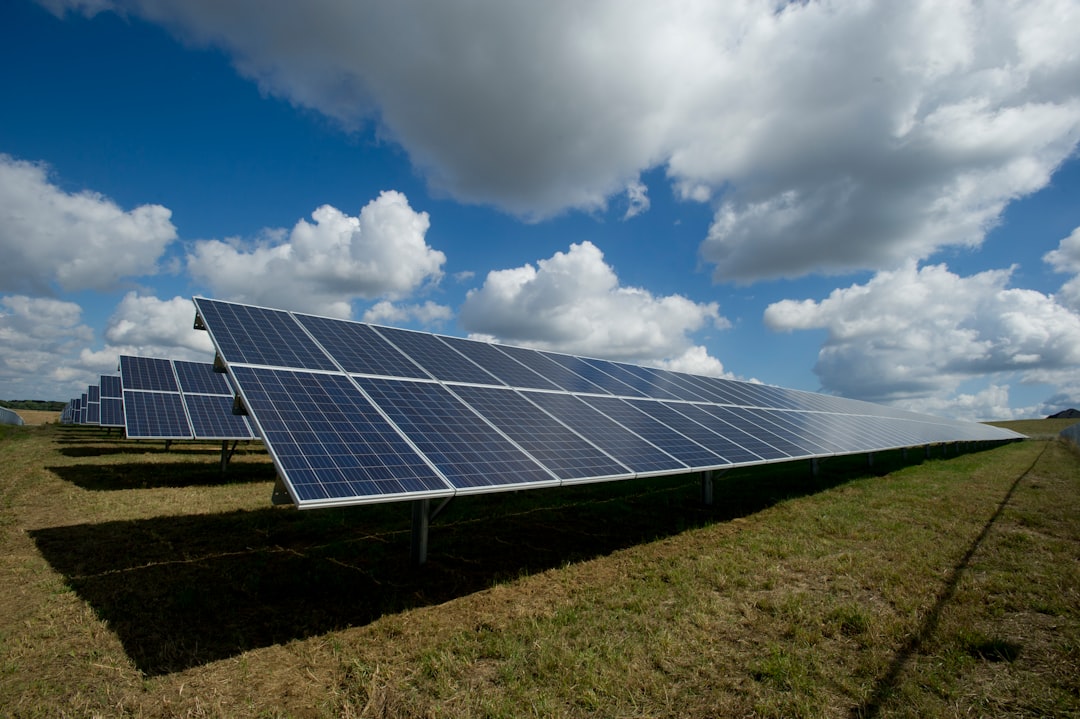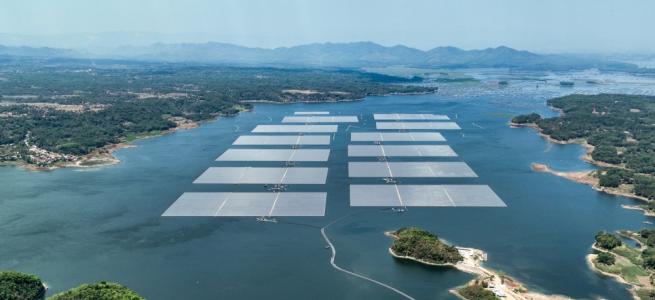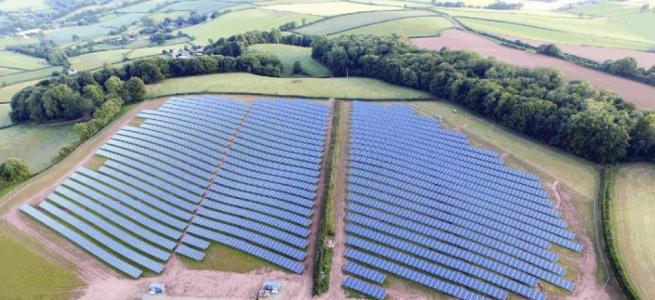European solar success: We need education and innovation
The phenomenal global success of solar has been driven by innovation in the last decade. But there is one key driver that will be crucial to unlocking more solar success in Europe: Education!! Emilien Simonot, renewable energy technology officer at InnoEnergy discusses the need to broaden skills and knowledge.
The story of solar photovoltaics (PV) in Europe has progressed at a breathless pace in recent years. For example, while in 2005 solar contributed just 0.3 per cent of all electricity generated across the EU-28, by 2015 that figure had risen to 11.2 per cent. This is rightly celebrated, and industry commentators wonder how much further solar can go, speculating on topics such as falling cell costs and the integration of storage.
These are good and worthwhile things to talk about. Solar's success has been driven by innovation and we need that to continue. But there is one conversation we are not having in Europe (or at least, are having too quietly) that will be crucial to unlocking more solar success: we need to talk about education.
Solar's today and tomorrow
Solar panels are no longer new. Solar is considered to be a mature technology and many Europeans will be familiar with images both of large solar farms and rooftop installations at both the commercial and domestic scale. They are no longer a rare sight. But nor are they as common as they can be, or "“ in my opinion "“ as they should be. Solar energy has the potential to be one of the most widely available and cheapest sources of energy in society. Solar electricity generation overtook geothermal energy in 2008, but it has the potential to overtake natural gas, coal and nuclear too. The solar industry should be aiming for nothing less than a paradigm shift.
Partially this will be enabled by new technology. Building-integrated photovoltaics (BIPVs) promise us new solar technologies integrated into buildings and materials "“ such as windows or roofing tiles that also generate energy. Energy storage also promises to change the game, helping asset owners and operators get the most out of their assets and avoid wastage. However, the potential impact these technologies can have will be hampered if we do not get some of the "˜soft' challenges of solar right "“ the same ones preventing even broader uptake of today's technology.
Soft problems, hard to solve
The challenges in bringing a solar project to life now are often not financial ones. Instead, companies are finding themselves getting stuck on all the elements around the project. For example, two key examples are regulation and the technical aspects of managing a solar asset.
Take regulation: not only do you have all the normal planning permissions and network codes that are applicable to any energy asset, you have a new set of challenges with the rise of distributed renewable energy. For example, if someone is a prosumer "“ an end user who produces their own energy (with solar) and sells it to, as well as takes it from, the grid, what are the rules around payments? Does this asset owner have to contribute in some way to broader transmission costs (which they may not use directly, but benefit from in terms of security of supply)? These are complicated matters that require expertise. The same goes for the installation and ongoing management of solar assets, especially larger ones. A new breed of solar asset management companies is emerging to support the sector here, but there is still a deficit of knowledge in the industry when it comes to ongoing management and reassessment of the business case for solar.
In Europe, this knowledge is absolutely vital, as the requirements change from country to country. Take Germany and France, both economically powerful Western European countries which share a border and a currency. The cost of a panel is identical or near-identical in each market. However, in France where the market is less mature, the total cost of a rooftop installation could be as much as four times more "“ all down to the so-called "˜soft' costs. For energy companies looking to capitalise on market opportunity across Europe "“ and potentially beyond "“ the knowledge to navigate these differences can be the divide between success and failure.
The need for fast and effective education
These skills will undoubtedly evolve organically within the energy industry. Indeed, they already have. However, progress is nowhere near fast enough or wide enough.
We cannot wait for the next generation of talent "“ those who grew up in a solar age "“ to come through and take leadership positions. We need today's energy industry "“ from asset operators to executives "“ to understand the solar market. To get the business case, to be able to steer through regulation and to have clear sight of the future where solar has disrupted traditional models even more than it has done so already.
In essence, we need education. And we need it in a form that is able to reach those already entrenched in the workplace, who need support to better do their jobs. Traditionally, this might have been done via seminars or workshops, sending people into offices to instruct a handful of learners. Given the pace and scope of solar's proliferation across Europe, that is too slow and too piecemeal.
Instead, we must look to modern learning models that are reinventing how we can learn and grow throughout our careers. Massive Open Online Courses (MOOCs) are a key innovation here. They combine the flexibility of the Internet with the institutional expertise of top universities and professional organisations. Courses can be collaborative, interactive and fit around a professional's existing (no doubt busy) schedule. Furthermore, as the classrooms are virtual, there are no space or geographic constraints on participation. At Innoenergy, we have partnered with Enerclub to provide just such a course, available both through our own portal and on FutureLearn. We hope to help unlock Europe's solar innovation potential through exactly this type of education.
So, let us talk. Let us talk about the need to broaden skills and knowledge in the energy industry to deal with and thrive on the influx of solar power into our energy mix. Let us talk about education and how it can help foster innovation and guide us towards a cleaner energy future. And, finally, let us talk about what kind of education can help us get there.
InnoEnergy works across disciplines and borders to support Europe's energy future. Describing itself as, the innovation engine for sustainability across Europe, InnoEnergy fosters education, discovery and business creation services to launch new companies as it works with inventors and industry, graduates, employers, researchers and businesses of all sizes for the long-range benefit of EU citizens.


